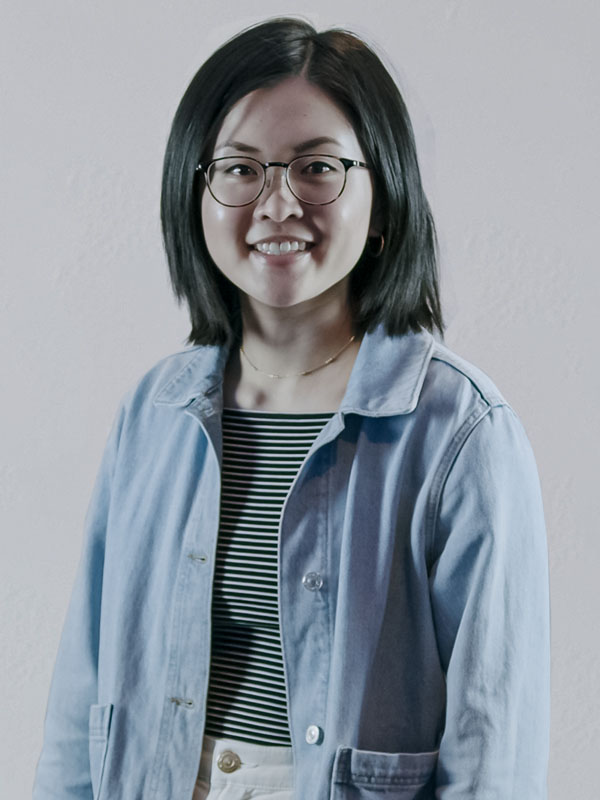Optimising patient care in general practice using e-consultations
My Topol fellowship problem / project:
There has long been a drive towards digital access to primary care. This was further propelled by COVID-19, with the widespread adoption of virtual consulting methods to prevent infection transmission.
E-consultations have been proposed as a solution to increase patient access, improve work efficiency, and address the increasing demand on primary care by saving clinical, administrative, and patient time.
Whilst online consulting has its benefits, it also comes with unintended consequences, such as inadvertently restricting access to patient care and negatively affecting continuity of care. E-consultations may lead to paradoxical inefficiency due to duplication of work. This could be secondary to inadequate quality or quantity of information provided, or e-consultation being an inappropriate medium to meet a patient’s needs.
The consequence of these limitations is experienced at a patient, clinician, and system level, in the form of unmet patient expectation, an unsatisfactory patient journey, and time and economic cost.
The key to optimising e-consultation use is to clearly define its purpose and to understand for which patients and queries it is best suited for. This will form the central research topic of my fellowship project, which I aim to achieve through quantitative and qualitative methods.
My research findings will inform optimisation of both the design of the e-consultation platform as well as the processes surrounding how an e-consult is integrated into the practice workflow. I hope that my work will lead to increased user empowerment, patient care, and clinician satisfaction.
About me
I am a General Practice Registrar, training in Tower Hamlets, East London.
My interest in digital health developed in medical school, during which I won the RCPsych Medical Student Essay Prize on the topic of “Digital Psychiatry”. Following this, I undertook an internship at a healthcare consultancy, helping create a validation tool to assess the clinical effectiveness and design of mental health apps.
The start of my specialty training coincided with the COVID-19 pandemic and I experienced the considerable impact of digital technology on general practice. The swift transformation towards virtual consulting methods demonstrates primary care is uniquely placed to lead and adopt digital innovation at scale, with immediate and tangible impact to patients.
Whilst e-consultations were a novel and exciting way to provide care at my practice, they were not meeting the health needs for certain patients, thereby manifesting in high frequency usage. This led me to design and conduct a quality improvement project on managing high frequency users of e- consultation, which is published in BMJ Open Quality.
The Topol fellowship is an opportunity for me to gain experience as a future leader and advocate of digital health technology. I am particularly interested in engaging with patients and clinicians to co-create products to meet their needs. I look forward to continuing my clinical work alongside the fellowship, as general practice provides invaluable insight on the issues facing patients, the local community, and the wider health economy. This will undoubtedly inform my current and future digital health work.

